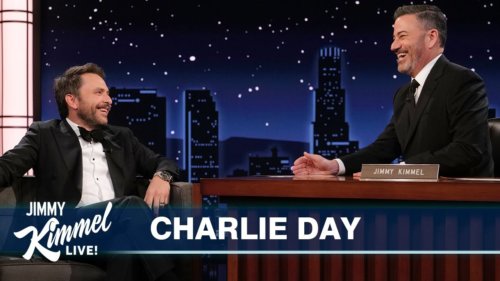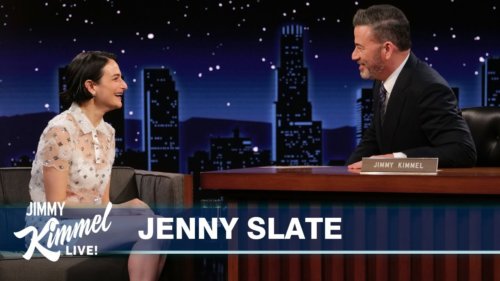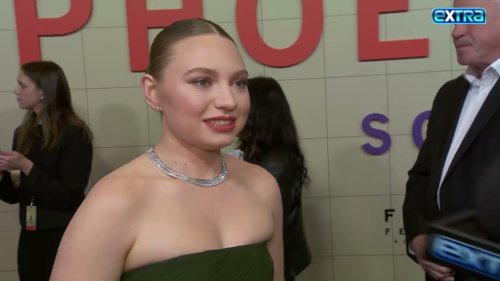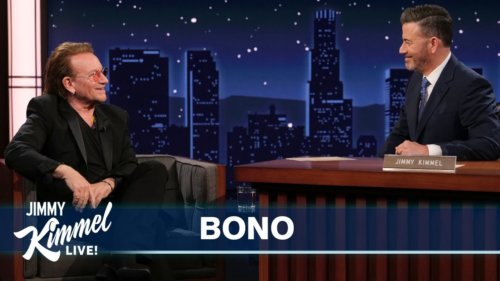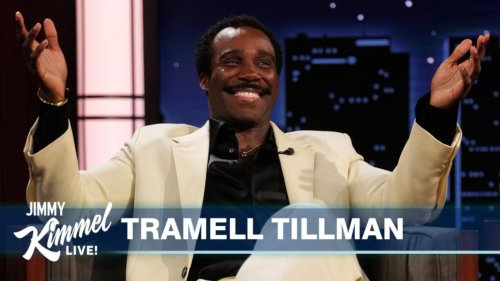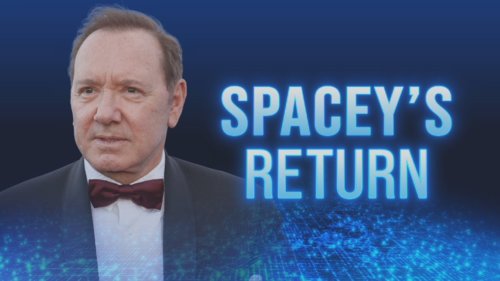The Cannes Film Festival is as close to the movies’ answer to the United Nations. The filmmakers and media of the world are usually represented in one way or the other. The Croisette, Cannes’ seaside promenade, is usually a babble of tongues. So this year’s festival slate of films was greeted with consternation in some corners when a commonality was noticed across many of the festival’s in-competition selections: the English language. Though there are only two American filmmakers in competition for Cannes’ Palme d’Or and no British directors, this year’s festival is littered with Europe’s elite filmmakers working in a language not their own. On a continent that has warily watched English become a kind of de facto common language, fears flared that contemporary European cinema was being lost in translation. As the festival has unspooled, many directors have defended their decision to switch languages for the sake of creative curiosity and for the greater opportunities it affords them.
Video · Filmmakers Defend a Language Switch at Cannes
25 views
Wochit -
Celebrities Cannes

